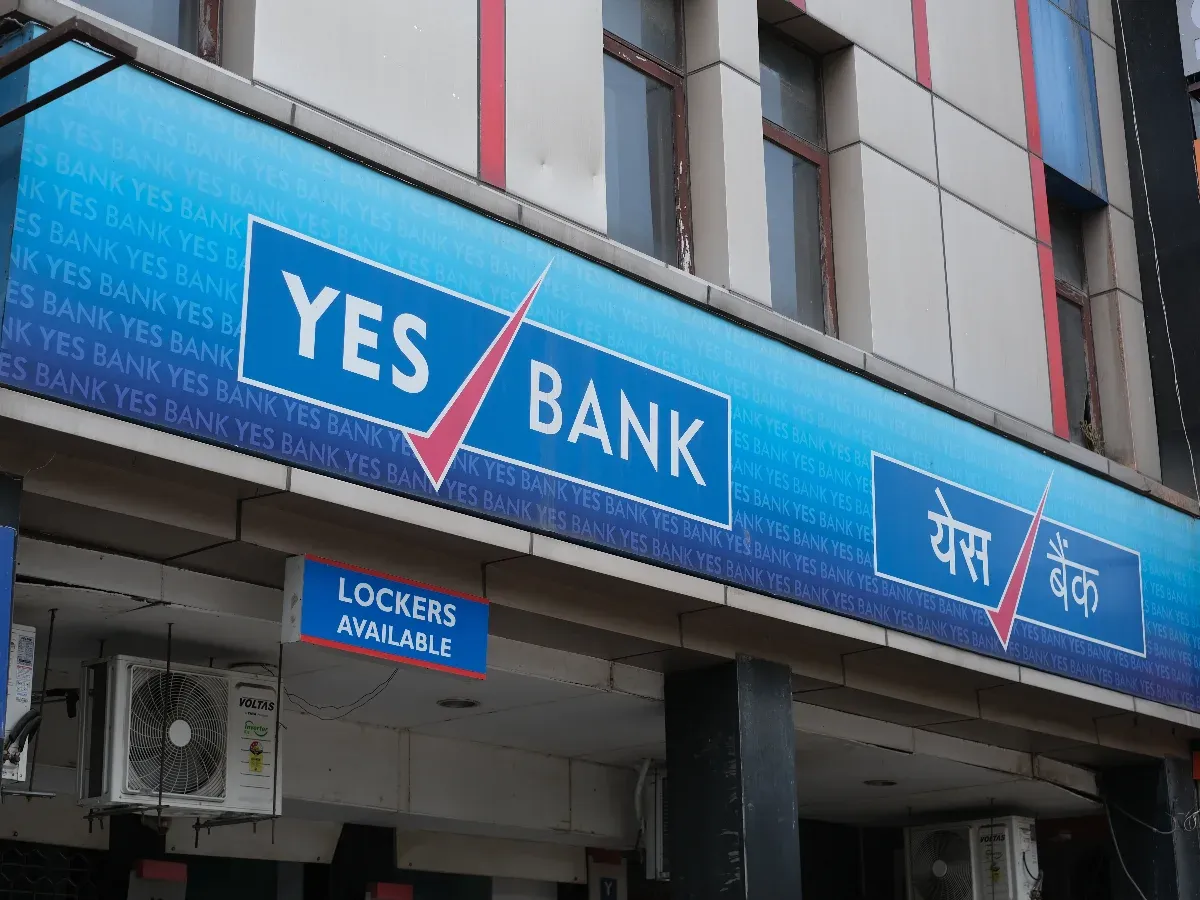Now Reading: Yes Bank Grants Over 18 Lakh Shares Under ESOP Scheme Worth ₹2.68 Crore
-
01
Yes Bank Grants Over 18 Lakh Shares Under ESOP Scheme Worth ₹2.68 Crore
Yes Bank Grants Over 18 Lakh Shares Under ESOP Scheme Worth ₹2.68 Crore

Yes Bank has allotted more than 18 lakh equity shares to employees as part of its Employee Stock Option Scheme (ESOP), amounting to a total value of approximately ₹2.68 crore. This move reflects the bank’s ongoing effort to retain key talent and incentivize long-term commitment through equity-based compensation.
Details of the Share Allotment
In a recent regulatory filing, Yes Bank confirmed the allotment of 18,17,500 equity shares to eligible employees under various tranches of its ESOP programs. Each share was allotted at face value of ₹2, with the overall allotment translating into a capital infusion of ₹2.68 crore.
Post-allotment, the paid-up share capital of the bank has increased accordingly, with minor dilution in existing shareholding.
Purpose and Strategy
The ESOP structure is widely used by listed companies to reward employee performance, encourage ownership, and improve retention rates. For Yes Bank, which has undergone significant restructuring in recent years, this step reinforces its commitment to rebuilding internal morale and aligning employee interests with long-term shareholder value.
Officials from the banking sector believe this also signals management’s focus on transparency and structured compensation amid its ongoing recovery strategy.
Impact on Tier 2 and Emerging Markets
While the allotment itself is a routine corporate decision, it carries broader implications for employees and retail investors—particularly in Tier 2 cities where Yes Bank has a strong presence.
Branch-level staff and mid-management in cities like Nagpur, Jaipur, Coimbatore, and Indore stand to benefit from such schemes, which offer potential wealth creation linked directly to the bank’s performance.
Additionally, this kind of reward mechanism can boost employee satisfaction and customer service standards at the local level, where trust and familiarity matter most.
Investor and Market Sentiment
The share allotment did not cause major movement in the stock price, indicating that markets had already factored in such periodic issuances. However, it serves as a reminder that the bank is maintaining its internal growth-focused agenda while balancing external investor expectations.
Retail shareholders and small-time investors, many of whom reside in Tier 2 cities and follow banking stocks closely, will likely see this as a healthy signal of operational stability.
Conclusion: A Step Forward in Stability
The latest ESOP allotment by Yes Bank may not be headline-grabbing, but it represents a meaningful step toward strengthening internal systems and rewarding those contributing to the bank’s rebuilding phase.
For investors, employees, and customers alike—especially outside the metros—this move underscores a steady approach towards stability, accountability, and long-term growth.






















